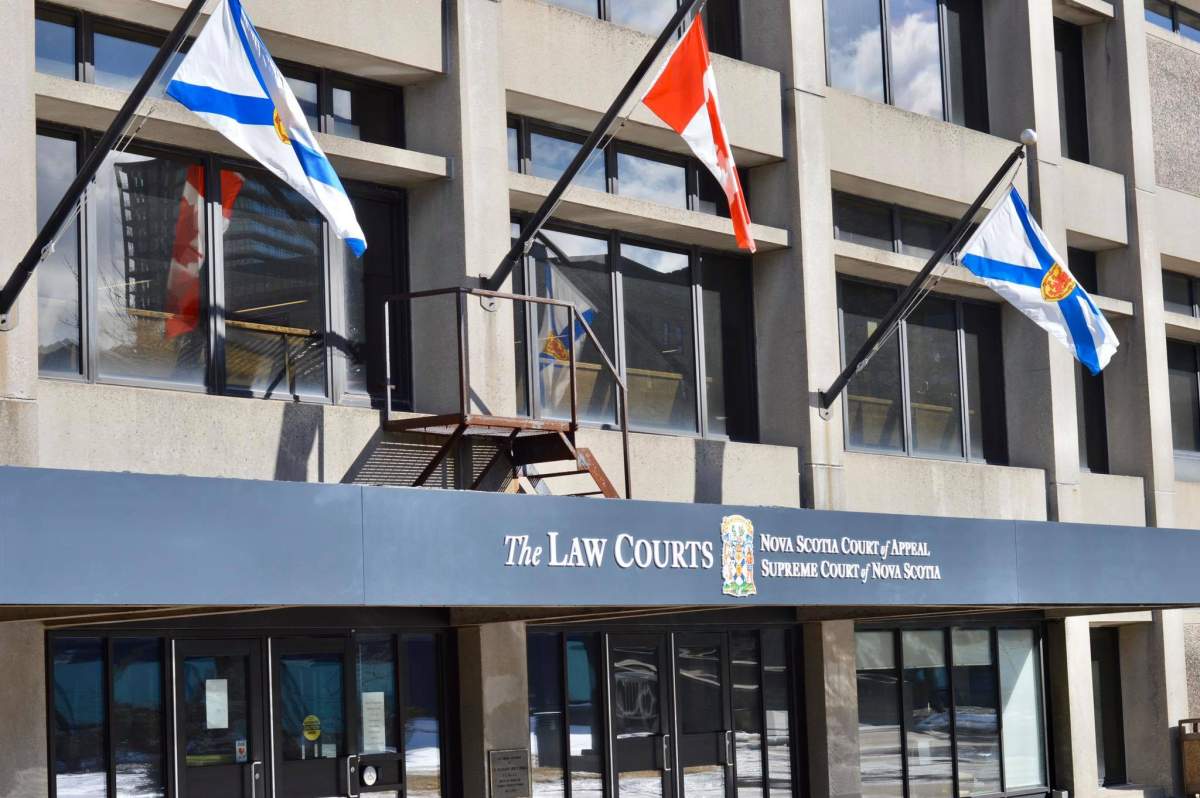Notorious Nova Scotia crime figure B.J. Marriott has been designated a dangerous offender and will be locked up indefinitely — a decision his lawyer intends to challenge.

Nova Scotia Supreme Court Justice Jamie Campbell’s decision issued Friday said Marriott cannot be released into the community without unreasonable risk to the safety of the public.
“There is no time frame within which it can be said that he could be released without posing that risk,” Campbell said in the court decision.
Marriott’s lawyer Nathan Gorham said Monday they intend to challenge the decision, calling the situation the “most troubling case of my career.”
“I believe Mr. Marriott’s actions over the last 19 years should be considered in context — within an unfair prison system that held him in solitary confinement for inordinate periods of time, placed him with the most hardened criminals while he was still a young man, and separated him geographically from his loved ones,” Gorham said in an emailed statement.
Marriott was convicted of his first criminal offence at 13 years old and has spent all but nine months of the last 20 years in prison.

Get breaking National news
Among his many convictions, he was charged for assaulting a taxi driver at age 18, and at 19 was sentenced to his first federal period of incarceration for the manslaughter of Parker Sparks outside a Halifax tavern on March 8, 2002.
Marriott was the alleged ringleader of a jail beating in December 2019 at the Central Nova Scotia Correctional Facility in Dartmouth, N.S., and took part in a bloody stabbing attack on inmates at a Quebec prison 15 years prior.
- Stepfather of two missing N.S. kids charged with sexual assault of adult, forcible confinement
- 10 people abducted from Mexico mining site, confirms Vancouver-based firm
- Canadians have billions in uncashed cheques, rebates. Are you one of them?
- Is Canada making progress in knocking down internal trade barriers?
After Marriott became aware that he was facing a dangerous offender application, the court document notes that he was involved in four separate violent incidents in jail between 2020 and 2022.
“How an offender behaves when facing a dangerous offender application is an indicator of risk,” said the court decision.
Gorham said that Marriott “does not belong in a cage for life” and the court should consider the suffering he’s endured in the jail system.
“Such experiences create lasting emotional trauma and contribute to further criminality. When the justice system subjects people to this kind of environment, it bears some responsibility for the outcomes,” Gorham said.
The court will hear arguments in June against the dangerous offender designation.
This report by The Canadian Press was first published March 25, 2024.







Comments